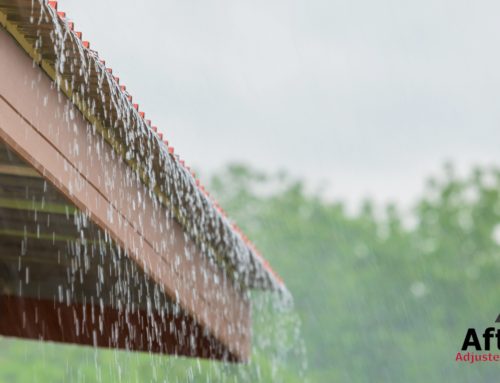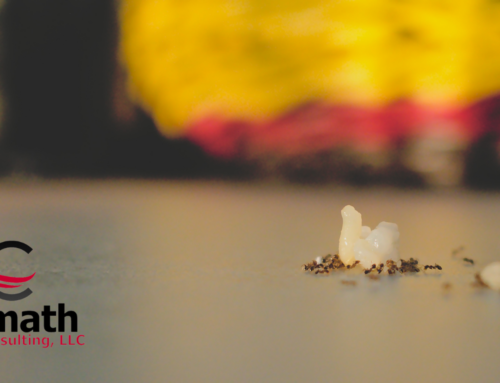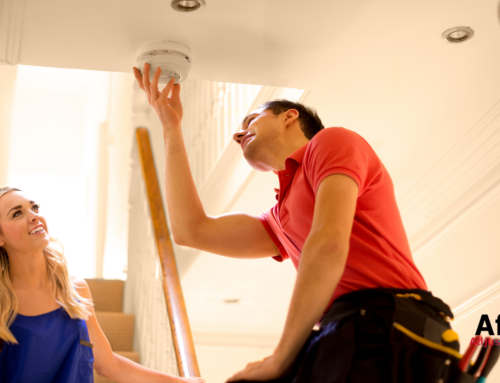Wouldn’t you rather avoid a water damage claim than deal with one after the damage has occurred? Of course, you would. Here are seven things you can do to avoid water damage to your property and avoid water damage claims.
#1: Look for Corrosion
You should always check your plumbing for corrosion every year. This includes:
- Visible pipes
- Shut off valves
- Washing machine hoses
- Dishwashers
- Garbage disposals
In addition to looking for corrosion, make sure the connections are good and that you do not see broken parts. If you see something amiss, call a plumber to have it fixed immediately. It is easier to take care of a small corrosion problem than it is to take care of extensive water damage claims.
#2 – Inspect Your Hot Water Heater
Most hot water heaters last 10 to 12 years, typically having a warranty for 10 years. However, a water heater may fail at any time, though they often do not fail without warning. Here are some signs to watch for to avoid water damage claims:
- Lack of water temperature consistency
- Shorter length of time the water stays hot
- Need to turn up the temperature to get hot water
- Corrosion
If any of these issues occur, you should change to a new water heater before a problem occurs.
#3 – Sump Pump
Sump pumps need to be inspected quarterly.
- Make sure the sump pump pit is deep enough based on your local water table.
- Pour water into the pit to see if the pump drains the water.
- Make sure the water drains at least 10 feet from the foundation and flows away from the foundation.
#4 – Forced Hot Water/Boiler
Service any forced hot water heaters or boilers on an annual basis. As with other plumbing items, make sure to inspect it for corrosion. If you see drips of rusty water or green or white residue on the boiler, you should contact your service provider.
#5 – Winter Preparations
Though it doesn’t often get cold in Florida, you should do the following if the forecast predicts a freeze:
- Shutting off outside spigots
- Keep your home heated so pipes don’t freeze
- Winterize any vacation home property just in case
- Leave the water dripping in the pipes to prevent frozen pipes
#6 – Direct Drain Humidifier
If you have a direct drain humidifier, check the drain hoses regularly. If the hoses are not draining properly, contact a plumber to unstop the hose.
#7 – Garden Hoses
You’d be surprised at the number of basement area flooding that occurs when garden hoses are left to run near basement windows. Be sure to turn off your hose after use and check that children are not playing with hoses without shutting them off completely.
Call Us Today
By taking these steps, you can prevent having to put in water damage claims to your insurance company. However, sometimes, you may find that water damage still occurs. If this happens, give Aftermath Adjusters & Consulting, LLC right away. We can help you with your water damage claim, as well as recommend service professionals such as water remediation specialists and dry cleaning services.









